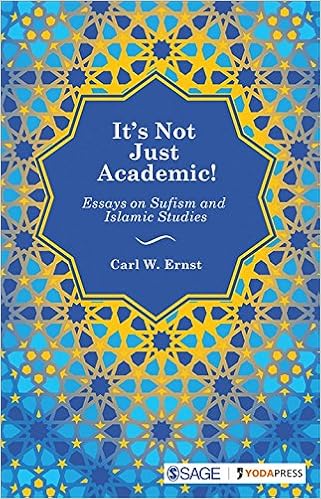"...the Imagination (or love, or sympathy, or any other sentiment) induces knowledge, and knowledge of an 'object' which is proper to it..."
Henry Corbin (1903-1978) was a scholar, philosopher and theologian. He was a champion of the transformative power of the Imagination and of the transcendent reality of the individual in a world threatened by totalitarianisms of all kinds. One of the 20th century’s most prolific scholars of Islamic mysticism, Corbin was Professor of Islam & Islamic Philosophy at the Sorbonne in Paris and at the University of Teheran. He was a major figure at the Eranos Conferences in Switzerland. He introduced the concept of the mundus imaginalis into contemporary thought. His work has provided a foundation for archetypal psychology as developed by James Hillman and influenced countless poets and artists worldwide. But Corbin’s central project was to provide a framework for understanding the unity of the religions of the Book: Judaism, Christianity and Islam. His great work Alone with the Alone: Creative Imagination in the Sufism of Ibn ‘Arabi is a classic initiatory text of visionary spirituality that transcends the tragic divisions among the three great monotheisms. Corbin’s life was devoted to the struggle to free the religious imagination from fundamentalisms of every kind. His work marks a watershed in our understanding of the religions of the West and makes a profound contribution to the study of the place of the imagination in human life.Search The Legacy of Henry Corbin: Over 800 Posts
Thursday, December 7, 2017
New from Carl Ernst
by Carl W Ernst
This collection of articles by Carl W Ernst summarizes over 30 years of research, recovering and illuminating remarkable examples of Islamic culture that have been largely overlooked, if not forgotten. It opens with reflections on teaching Islam, focusing on major themes such as Sufism, the Qur’an, the Prophet Muhammad, and Arabic literature. The importance of public scholarship and the questionable opposition between Islam and the West are also addressed. The articles that follow explore multiple facets of Sufism, the ethical and spiritual tradition that has flourished in Muslim societies for over a thousand years. The cumulative effect is to move away from static Orientalist depictions of Sufism and Islam through a series of vivid and creative case studies.
Carl W. Ernst is a specialist in Islamic studies, with a focus on West and South Asia. His published research, based on the study of Arabic, Persian, and Urdu, has been mainly devoted to the study of three areas: general and critical issues of Islamic studies, premodern and contemporary Sufism, and Indo-Muslim culture. He has received research fellowships from the Fulbright program, the National Endowment for the Humanities, and the John Simon Guggenheim Foundation, and he has been elected a Fellow of the American Academy of Arts and Sciences. His publications, which have received several international awards, include Rethinking Islamic Studies: From Orientalism to Cosmopolitanism (co-edited with Richard Martin, 2010); Following Muhammad: Rethinking Islam in the Contemporary World (2003); and Teachings of Sufism (1999).
He is the William R. Kenan, Jr., Distinguished Professor (2005- ) and Co-Director of the Carolina Center for the Study of the Middle East and Muslim Civilizations. He and Bruce Lawrence are co-editors of the Islamic Civilization and Muslim Networks Series at the University of North Carolina Press.
Subscribe to:
Post Comments (Atom)








No comments:
Post a Comment